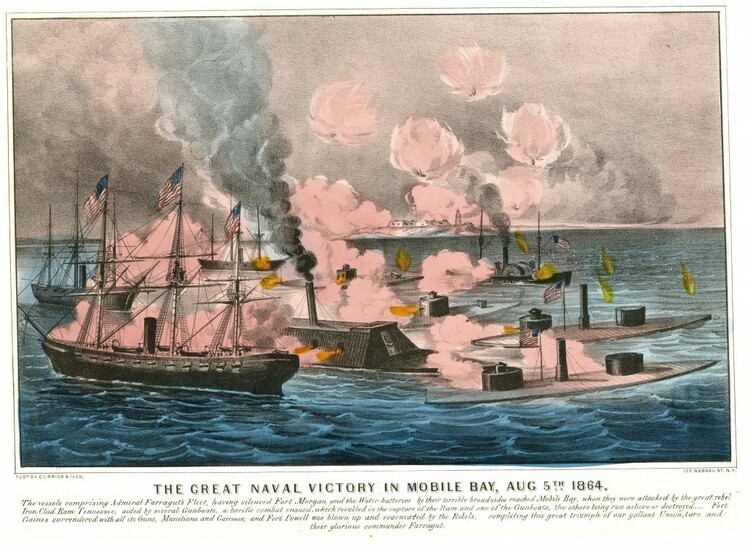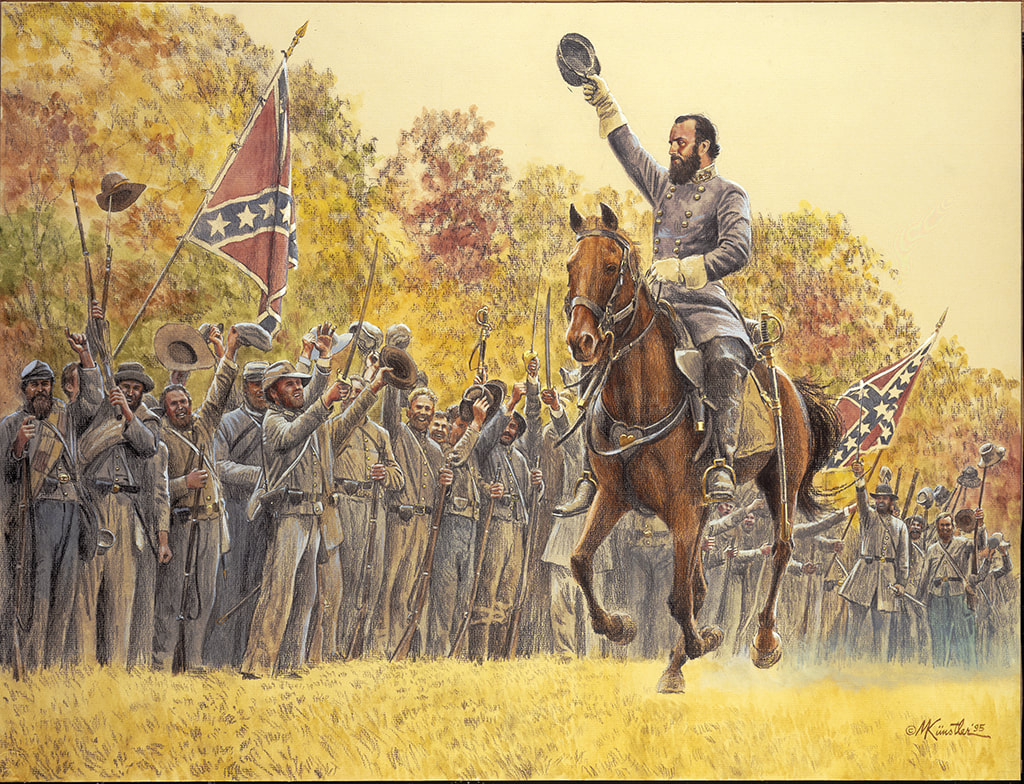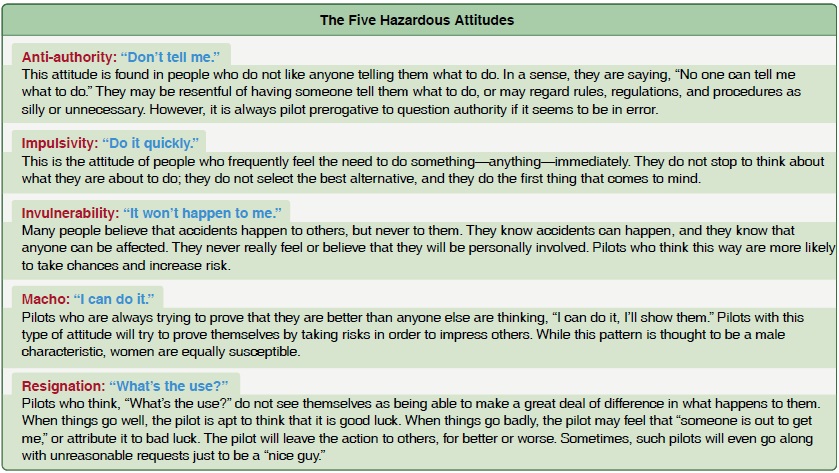Resignation: The Final and Most Hazardous Attitude
Why is Resignation the most insidious and hazardous attitude we can have? Because Resignation is the enemy of Triumph! It is the point when we simply give up. However, giving up comes from many different interpretations and takes on many different forms. The Aviation Instructor’s Handbook (p. 27) describes how resignation can influence pilot decisions in this way,
Pilots who think, “What’s the use?” do not see themselves as being able to make a great deal of difference in what happens to them. When things go well, the pilot is apt to think that it is good luck. When things go badly, the pilot may feel that “someone is out to get me,” or attribute it to bad luck. The pilot will leave the action to others, for better or worse. Sometimes, such pilots will even go along with unreasonable requests just to be a “nice guy.”
So, resignation can be “What’s the use?” “Someone is out to get me,” or “Go along to get along.”
What’s the Use?
How many times have you felt like this poor guy? You just get to the point where you feel enough is enough. That is the whole strategy of war… make the suffering so great for the other guy that the choice between going on or giving up is made for him. Either surrender or die. When we get to this point, we give up hope, and we feel there is no longer any benefit in pushing on… We just can’t (See my post “Can’t is a Four Letter Word!!”). It takes form in these deceptive attitudes:
- No matter how hard I try, nothing seems to work.
- If I am going to be accused of something I didn’t do, I might as well do it.
- I can’t see how anything I can do will get me any farther, so I might as well give up.
The Bible gives us God’s attitude towards these feelings. The Book of James tells us to “count it all joy when you fall into various trials, knowing that the testing of your faith produces perseverance.” Paul the Apostle said he considered the scars he incurred from beatings for his faith to be “marks of the Lord Jesus,” and he gloried in his sufferings for the Gospel. And guess what? The Gospel is still with us today.
VICTIM MINDSET!!! BEEP – BEEP – BEEP!!!
I can’t succeed because so and so is out to get me. Who is “so and so?” It can be a person, the company you work for, or the government. In any case, this attitude is deadly, and it will kill your dreams, your willingness to work for them, and the pride you will obtain from achieving them.
People who have surrendered to a victim mindset stop striving, give up dreaming, settle for what they now have, and accept welfare and handouts. In “From Woodstock to Eternity,” Dustin Morgan quickly saw this in the communal handouts of the Hog Farm. While it was a worthy short term fix, it would not buy a steak in the long run. The victim mindset is death to success! Resist it at all cost, because Resignation is the Enemy of Triumph.
Go Along to Get Along
This is the insidious side of Resignation. It is insidious because it sounds like the proper thing to do. Another term for this is “Appeasement.” Neville Chamberlain tried this with Hitler in World War II, and we know how that turned out. Sometimes peace at all cost is not the answer… especially when it entails making peace with evil. Another word for this is compromise. Compromise means neither side gets all that it wants, and each one needs to surrender a little to meet in the middle. This is good for relationships, but it is not good for your goals. If you want to achieve total victory, going along to get along will only hold you back.
Of course, all of these principles only apply to righteous goals. When we are fighting an evil enemy, we want him to surrender, not us. As General Patton once said, “No war was ever won by dying for your country… war is won by making the other SOB die for his country.” This brings us to the next point… What is the solution to Resignation?
Fight ‘Til You Die
The 5 Hazardous Attitudes concern situations encountered in aviation. If a pilot finds himself in such a bad emergency that he thinks he has exhausted all of his options, and there is really no other way out, guess what will happen? He is going to die anyway. That is why I taught all my students to “Fight ‘Til You Die.” Keep struggling, keep thinking, keep analyzing, and by all means, Never Give Up!
Jesus even taught us, “And do not fear those who kill the body but cannot kill the soul. But rather fear Him who is able to destroy both soul and body in hell.” Matt 10:28
Another way of looking at this is “Damn the torpedoes… Full steam ahead!”
Quitters Never Win, and Winners Never Quit
When I was just a five year old boy, someone told me, “Quitters Never Win.” Be careful what you say to little ones, because they might carry it with them for the rest of their lives, whether it is good or bad. The American Spirit is founded on winning and victory. Not just in war, but in our hearts, in our lives. It is the drive behind the American Dream and everyone everywhere who has a dream. We have to conquer ourselves first, in our habits, our vices, our victim mindset and our pity parties. Christians have the unique power of the Holy Spirit to do this, and it is essential for all of us. When we are free inwardly, life will surrender to us, not us surrender to life.













































